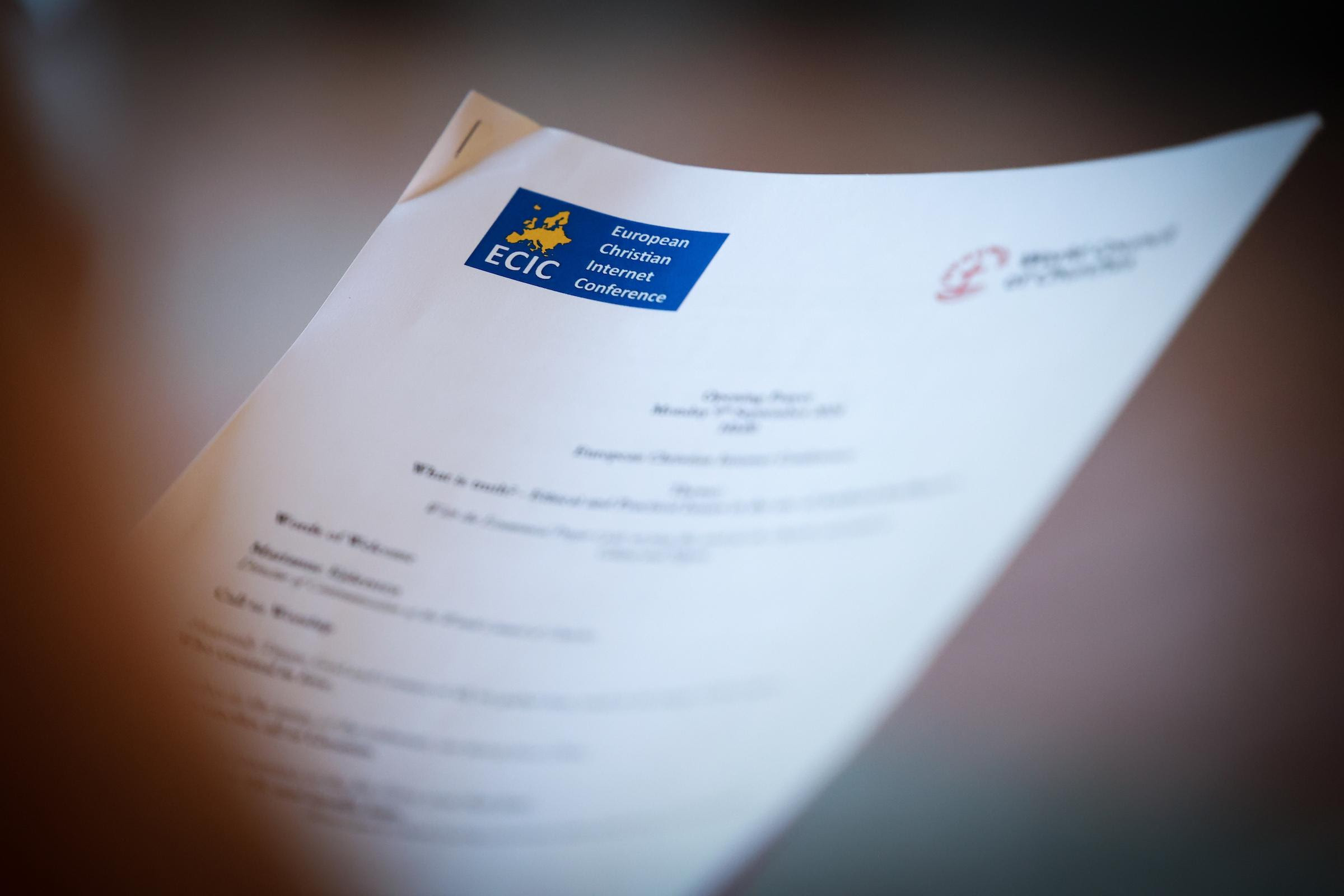Future opportunities—and cautionsOn the first day, two keynote addresses were presented to stimulate discussions in smaller groups on methodologies, communication, and technologies. Dr George Zarkadakis spoke on “Gods, Robots, and Theory of Mind: How AI is unlike anything else we made.” Author of fiction and nonfiction books, he is also chief innovation officer of Syndesis Health Inc., a healthcare data and AI company. He holds a PhD in AI in Medicine. Zarkadakis said: “The idea that inanimate objects may possess agency, and indeed a mind, is very much older than the birth of AI in the 20th century.” In his talk, Zarkadakis traced the seismic waves of that evolutionary singularity from its prehistoric origins to the modern era and argued that our quest for machines that think is deeper and more profound than mere utilitarianism. “AI is a technology that can remould our species into a meta-species that transcends physical boundaries,” he said. “In essence, this means humans acquiring god-like features and abilities.” He noted that concepts that used to be present only in fiction—such as “canceling” oneself, reconstructing oneself as pieces of information, deconstructing oneself, and transferring oneself—are now on the horizon as real possibilities. “Humans have become so smart that they have become part of the machine,” he said. “Now the human is partly machine.” Zarkadakis believes that AI is very important for making progress. “What worries me is how it might impact society,” he said. Prof. Dr Holger Sievert, study coordinator and professor for Media Management, specialising in PR and Communication Management, at the Cologne Campus, spoke on the theme "Artificial intelligence as a (non-)topic of two large European churches,” presenting empirical findings from a survey of almost 1,500 church employees as well as own current observations and recommendations. Sievert has conducted the most extensive empirical studies on digitalisation and churches in recent years. His university was the first in Germany to explicitly allow AI to be used in students' project work. “Online services are still highly requested even after COVID,” he said. “The church members in Germany are not less digital, they’re more digital,” he said. He shared the finding that, in 2022, 25% of the population of Germany used Facebook on a daily basis. “In churches, it’s Instagram that’s on the top—and it’s around 60% of people,” he said. Sievert concluded: “What we can say overall is that church members are one to three years ahead in terms of the general population in digitization in Germany.” Learn more: European Christian Internet Conference on Ethical and practical issues in AI use | 



No comments:
Post a Comment